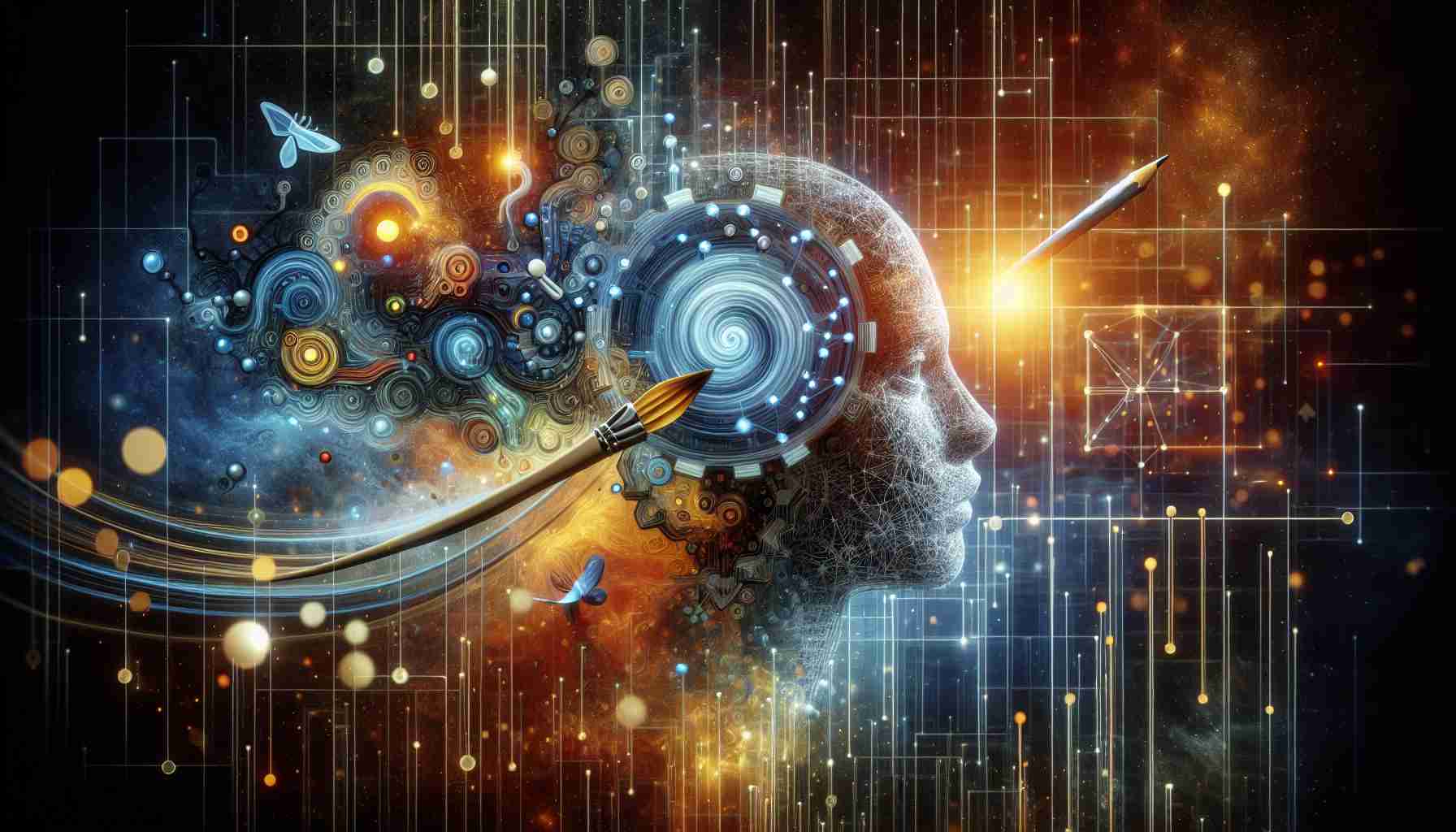Sara Bernardini’s Contribution to Artificial Intelligence Research
Sara Bernardini has made significant strides in artificial intelligence (AI) research, branching out from exploring extreme environments to refining logistics and warehouse management. The full professor at both Royal Holloway University in London and “La Sapienza” University in Rome, Bernardini delved into the intricacies of generative AI during her presentation at Linkontro 2024.
Enhancing Robots Through AI
Once focusing on extreme settings, Bernardini has recently applied her techniques to logistics. The challenge lies in programming robots that navigate storage spaces with high efficiency—a vital task in metropolises, where every square inch comes at a premium. In such bustling areas, the meticulous orchestration of countless robots is crucial to prevent collisions and ensure the successful completion of their tasks.
Generative AI’s Growth and Hurdles
Bernardini emphasized the remarkable advancements of AI in language, image, and video generation, yet it lags behind human intelligence in several nuanced operations. Flexible reasoning and abstract thought processes, particularly in transferring knowledge across domains or engaging in long-term planning, are still efforts where AI falls short. It struggles with synthesizing long chains of cause-and-effect actions from beginning to end.
Responsible AI Adoption and Its Pitfalls
The adoption of generative AI is fraught with challenges, including concerns about misinformation, transparency, and fairness. AI systems, learning from data collected online, may inadvertently perpetuate biases. Ensuring AI’s reliability entails overcoming these issues, of which privacy is a significant component.
Regulating AI Without Stifling Innovation
Bernardini acknowledged the merits of the new European AI Act, particularly in regulating AI applications with serious implications, such as autonomous vehicles and medical devices. Nonetheless, she warns against overly restrictive regulations that could hamper the creative spirit fundamental to ongoing AI research.
Important Questions Addressed in AI Research and Creativity
Several key questions arise when examining the field of AI pertaining to creativity and complexity:
1. How can AI be programmed to emulate nuanced human behaviors such as flexible reasoning and abstract thought?
AI researchers are continually developing techniques that aim to mimic complex human cognitive processes. Deep learning and reinforcement learning are some strategies used to enhance AI’s reasoning capabilities.
2. What are the ethical considerations when creating generative AI?
Ethical considerations include preventing biases in AI systems, ensuring fairness, accountability, and transparency, and dealing with the potential for creating misinformation.
3. How can we balance the regulation of AI to protect the public without inhibiting technological advancement?
It requires careful crafting of legislation that allows for innovation while putting in place guardrails to ensure safety and ethical application of AI technology.
Challenges and Controversies Associated with AI Creativity and Complexity
The development of AI poses numerous challenges:
– Biases in AI: AI systems are only as unbiased as the data they are trained on. There is a need to create diverse and representative datasets to reduce biases.
– Lack of transparency: Many sophisticated AI models are referred to as “black boxes” due to their complex and opaque decision-making processes.
– Job displacement: As AI systems become more adept at various tasks, there is a concern for the displacement of human jobs, leading to economic and social challenges.
– Security risks: AI systems can be hacked or manipulated, presenting significant security threats.
Advantages and Disadvantages of AI in Creative Domains
Advantages:
– Automation and Efficiency: AI excels at automating repetitive tasks, thereby increasing productivity and allowing humans to focus on more complex activities.
– Enhanced creativity: AI can aid human creativity by providing new tools and techniques for artists, designers, and creators.
Disadvantages:
– Lack of emotional understanding: Despite its advancements, AI does not possess the emotional depth and understanding inherent in humans, which limits its application in some creative domains.
– Dependence on AI: Overreliance on AI could lead to a decline in traditional skills and potentially stifle human creativity.
For further reading on related topics, visit:
– Royal Holloway University
– “La Sapienza” University
– European Commission’s AI Act
Please note that the links provided lead to the main domains and the validity of the URLs has been assured at the time of writing.

